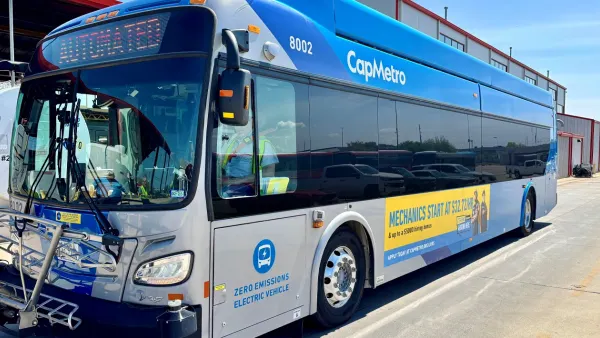Dive Brief:
- Washington, DC’s Department of For-Hire Vehicles (DFHV) has launched a platform for riders to track taxis and limos in real-time.
- Known as an application program interface (API), the software provides a visual representation of where the taxis and limos are and can also show the identification numbers of specific vehicles. Five developers, including TransitScreen and Redmon Group, have registered to use the service.
- "It’s difficult to list all the benefits of our APIs, but it’s important to note that economic impact is among them," DFHV Director Ernest Chrappah said in a statement. "Whether we facilitate the transport of business leaders or government officials to meetings, or ensure that a visitor enjoys a seamless sightseeing experience, the apps our APIs make possible can help ensure the District remains a commerce and tourism center."
Dive Insight:
DFHV says the main aim of its API is to make getting around the city easier and ensure visitors and residents are aware of all the options available to them. And there are plenty in DC, including ride-hailing services such as Uber and Lyft, that have used similar tracking technology in their vehicles for several years and have been accused of eating into taxis’ business. "The open API strategy continues DFHV efforts to support the evolution of the ride to ensure excellent riding experiences in for-hire vehicles," a DFHV told Smart Cities Dive in an email.
In an interview with Smart Cities Dive earlier this year, TransitScreen CEO and co-founder Matt Caywood said such data on an API helps save travelers time and makes their journeys more efficient, as they know which options are available and how their travel times will be affected. "Being able to provide the information at a glance in an efficient and easy-to-use manner, that’s when you have the biggest impact," he said.
While taxis remain embroiled in competition with ride-hailing, innovations like real-time tracking can help them keep up and be part of a multimodal effort to get people around cities. And with the likes of Uber and Lyft continuing to innovate and push out new initiatives, it is incumbent on taxi firms and cities to stay on pace, or else they will not be financially sustainable.











